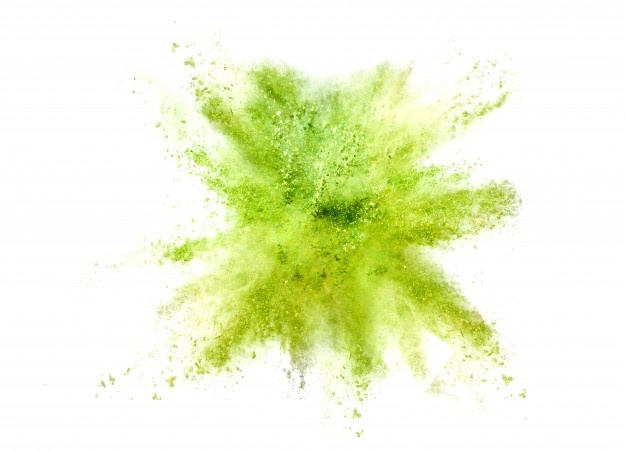Grennwashing? What’s that?

Greenwashing is an activity closely related to the deceiving advertising that some companies, governments or entities carry out with the objective of “cleaning” their image.
In other words, the purpose of the green wash is to build through advertising and marketing a “green” image and promote the company or the product as ecological, sustainable and non-polluting.
The reason? To sell more (or not lose sales) because every day there are more consumers who buy products or hire services considering the environmental commitment of the companies.
Contents of the article
Types of greenwashing
A makeup session… green
The company uses words and images that legally don’t commit them to anything, but that the consumer immediately associates with the ecology.
For example, on the labels or on the packaging, we read words like “natural, “nature” or “from the earth”, the color green predominates or we see images that we associate with ecology and nature such as a tree, a forest, a blue sky, a sunrise in front of the sea, etc.
Truths that are a lie
Turning legal obligation into voluntary environmental improvement is a truth that is still a lie.
To understand each other, when we see on some refrigerator’s labels in which the manufacturer brags about not using CFC (harmful gases in the ozone layer) when these are gases prohibited by law since 1989 (Montreal Protocol).
Ok, so the refrigerator has no harmful gases, but they have no other choice because its use is prohibited and penalized.
Commitments that do not compromise
Companies that commit to stop contaminating or be sustainable within 20, 30 or 40 years. And that, to top it off, they don’t clarify or set deadlines or intermediate goals.
What is certain is that 40 years from now, neither consumers nor “committed” manufacturers will remember a promise that, today, does not oblige us to anything.
The dangers of greenwashing
The biggest danger of deceptive or biased advertising and green image washing is that it increases the skepticism of citizens (why worry if everything is a scam?) and decreases the consumer’s ability to favor companies that are truly ecological (how to know who lies and who tells the truth?).
How to unmask the greenwashing lie
Let’s stay alert, let’s access information, let’s not be dazzled by the wonders of marketing, but keep in mind that consumers cannot do everything without the help of our political managers.
The only way to know if the attitude of a company is really ecologically and environmentally friendly is to have effective laws, economic means to exercise real control and measures to force companies to meet the environmental objectives of their processes of production, distribution and marketing.
Don’t give up: let’s keep chasing a truly green society.

